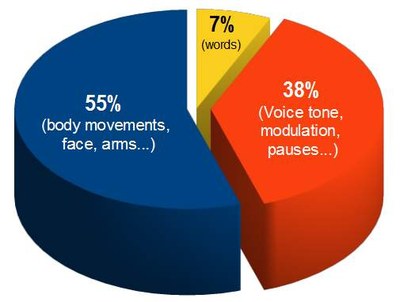Difficult Conversations
Difficult Conversations
Are you avoiding a difficult conversation with someone…in your family, at work, with your neighbor? Is there a work performance issue that you are not addressing with an employee? Is your teenager pushing limits and you have tried to have a conversation about their behavior, but it didn’t go well? Is your neighbor doing something that you need to discuss with them, but you just keep putting it off? I know that I have been guilty in all three scenarios. If we are honest, we all have either delayed the difficult conversation, or never had it all to avoid the stress and anxiety that accompanies these moments. The problem with the employee, family member or neighbor continues to fester, never resolving and perhaps even getting worse.
Is there an approach that could be helpful in preparing for and having these discussions, so they are less painful and more likely to result in a productive outcome? Thankfully, the answer is yes.
Preparing for the Difficult Conversation
How we prepare is the key to reducing the stress and anxiety that keeps us from having the difficult conversation. We reduce the stress of delivering a major presentation or testifying in court as an expert witness, by preparing. The same logic applies to preparing for a tense conversation. Here are some key ideas to keep in mind during your preparation:
- Begin with the right motives, know the outcome you want
- Prepare to stay focused on that outcome throughout the conversation
- Use your emotional intelligence, to keep your emotions in check as you prepare and consider the emotions to expect from the other person
- Review and practice your listening skills with the intent to genuinely understand the other person
- Review how to use and practice using “I” statements (more on this in a bit)
- Consider your best verbal, and especially non-verbal, communication tools
Having the Difficult Conversation
The Amydgala Hijack. During the conversation, keep in mind the perspective of the recipient of the discussion. You can expect a defensive reaction when you challenge a performance or behavioral issue with them. This is because of a phenomenon called the “amygdala hijack” which kicks the brain into an avoid/threat or fight/flight mode; diverting blood flow, glucose and oxygen away from their pre-frontal cortex (where rational, ordered thinking occurs), allowing the person’s limbic system to take over.
Listening. At this point plan to listen very carefully as you direct and navigate the conversation. Listening is an often used but is a rarely taught skill, and is the highest form of respect you can give to a person.
Non-Verbal Communication. Our actual words represent only 7% of the communication that occurs in a conversation. We need to spend more time considering  our non-verbal communication signals (voice tone, body position, posture, eye contact, neutral pleasant facial expression, etc) than we spend rehearsing the words we will say.
our non-verbal communication signals (voice tone, body position, posture, eye contact, neutral pleasant facial expression, etc) than we spend rehearsing the words we will say.
The Four-Phase Communication Model.
- Focus the Discussion. Explain the reason for the conversation, tell how the meeting is intended to help them, and tell them you want to work together with them to create and work through action plans where needed.
- Listen to Understand.
- Summarize. Recount areas of agreement, disagreement or confusion to ensure that the individual has accurately perceived what you have stated.
- Reach Closure and Follow Up. Develop an action plan and a follow up plan.
- “I” Statements: This involves a three-part message
- The other person’s behavior
- Your feelings about that behavior
- The consequences the other person’s behavior has for you
“I” statements must be very specific and do not have generalizations such as:
“you are always so rude to others” or “you are never on time”
For more about using “I” statements, check out this brief video
For a deeper exploration into preparing for and engaging in a difficult conversation, take a look at the module in your HSC Faculty Development Online Library, “Difficult Conversations for Productive Outcomes”